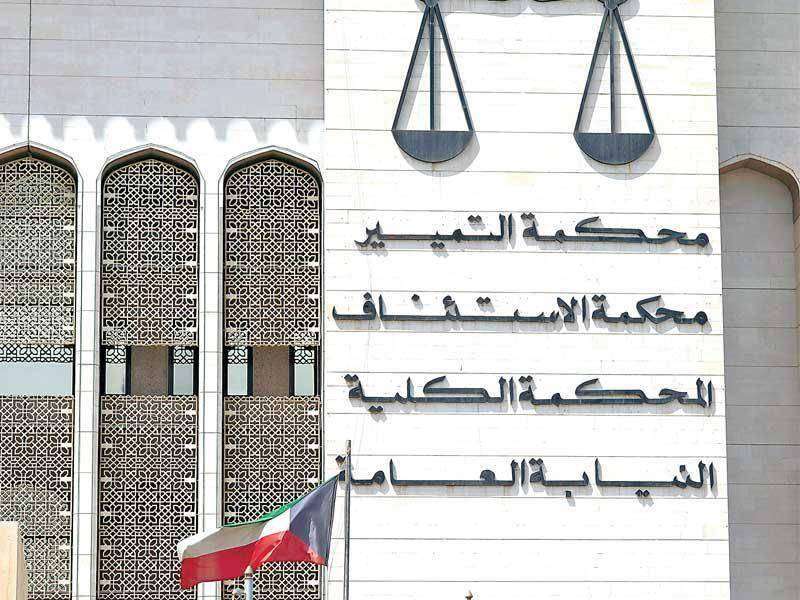The Civil Court of Appeals has ruled in favor of a Kuwaiti woman, ordering a private hospital to pay her KD 8,800 in compensation for a diagnostic error. This landmark decision is based on a new legal principle that holds the diagnosing party responsible for compensating the affected patient, regardless of any tangible harm caused.
The Kuwaiti woman initially sought medical diagnosis at the private hospital, only to have her condition misdiagnosed by the hospital’s physicians. However, the case faced challenges in proving a violation of medical principles during forensic examination, leading to the Court of First Instance rejecting the compensation claim due to a lack of supporting evidence.
During the subsequent court session, the defense counsel, represented by Lawyer Dr. Fawaz Al-Khatib, highlighted the flaws in the ruling’s application of the law and its reliance on an inadequate forensic medical report.
In response, the Court of Appeals appointed a tripartite committee comprising professors from the Faculty of Medicine at Kuwait University to investigate the case. The committee’s findings revealed the inaccuracy of the hospital doctors’ diagnosis, citing negligence for omitting essential details.
Despite objections from the hospital, the court reassigned the committee to address these concerns. After the committee submitted their report, the court reserved judgment and subsequently issued the ruling in favor of the Kuwaiti woman.
In justifying its decision, the court emphasized that the compensation for moral damage should adequately console the injured party, alleviating feelings of sadness and grief without undue exaggeration. The erroneous diagnosis caused the Kuwaiti woman to endure pain, sadness, grief, and psychological stress.
This ruling sets a precedent for cases involving diagnostic errors, establishing the legal responsibility of medical professionals to compensate patients for any harm caused by incorrect diagnoses. It recognizes the emotional and psychological impact that such errors can have on patients, regardless of whether there is physical harm.
By holding medical practitioners accountable for their diagnostic errors, this ruling promotes patient trust and ensures that healthcare providers prioritize accurate diagnoses. It serves as a reminder to hospitals and physicians to exercise utmost care and diligence in their diagnostic processes.
Medical errors can have severe consequences, both physically and emotionally, for patients. The court’s decision in this case acknowledges the importance of compensating patients for the emotional distress caused by diagnostic errors, helping them find closure and justice.
It is crucial for healthcare systems worldwide to recognize and address diagnostic errors appropriately. By learning from cases like this and implementing measures to prevent such errors, hospitals and medical professionals can enhance patient safety and improve the overall quality of healthcare.
Patients should feel confident that they will receive accurate diagnoses and appropriate treatment. This ruling reinforces the rights of patients and encourages medical practitioners to prioritize patient well-being above all else.
Ultimately, this ruling not only provides compensation for the Kuwaiti woman who suffered due to a diagnostic error but also sets a precedent for future cases, ensuring that patients receive the justice they deserve when faced with such unfortunate circumstances.
Source: Court rules in favor of Kuwaiti woman, orders hospital to pay 8,800 dinars compensation







